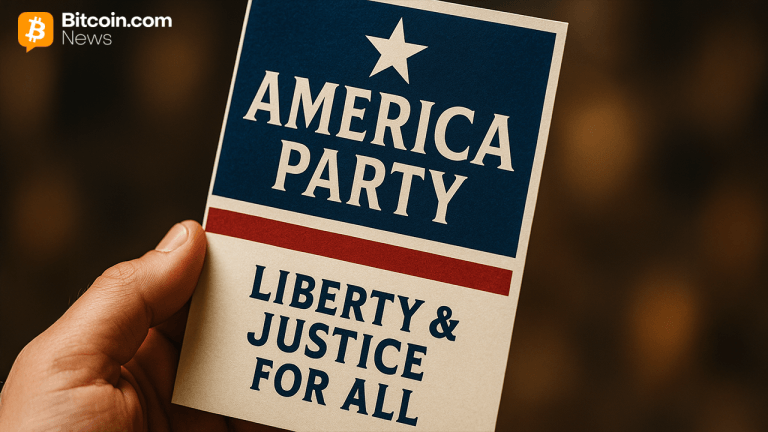PREPA bondholders argue for lien appeal
3 min read
Puerto Rico Electric Power Authority bondholders argued for certification of their appeal of a ruling against their lien on revenues, saying it would advance the bankruptcy case and allow an appeals court to address issues of public importance and novel legal questions.
The Official Committee of Unsecured Creditors filed a separate reply in the United States District Court for Puerto Rico arguing for certification. The Ad Hoc Group of PREPA Bondholders, bond trustee U.S. Bank N.A., Assured Guaranty, and Syncora Guarantee filed the bondholder reply, which along with the committee’s reply, were responding to arguments filed last week by the Oversight Board, Fiscal Agency and Financial Advisory Authority, and fuel line lenders against certification.
While the board and its allies said District Court Judge Laura Taylor Swain’s ruling relied on the application of settled legal principals, the bondholder parties said there were six “novel or unsettled” questions of law in the ruling.
For example, while Swain said the trust agreement’s use of the term “pledge” could not create a lien, they said a First Circuit of Appeals Court ruling in the Puerto Rico bankruptcy and a ruling in the Jefferson County bankruptcy indicates otherwise.
For another example, whereas Swain had ruled the agreement’s opening granting clause should be seen as just “prefatory” because the section ends with words “as follows” and was thus modified by the following pages, the bondholders said other court decisions and authority contradicts Swain’s approach to the opening passage.
Further, the bondholding parties said the Puerto Rico Oversight, Management, and Economic Stability Act section on interlocutory appeals says they should be granted not just for matters of unsettled legal issues but also for times when the order involves publicly important matters. The parties said Swain’s ruling could have a broad impact on municipal revenue bonds, “especially if it is understood as prohibiting the existence of liens on future revenues, as the Oversight Board contends.”
Though the board and fuel line lenders suggest an appeal would lead to a stay of the claim litigation, counterclaim litigation, and plan of adjustment confirmation, the bondholding parties said they are not seeking a stay.
The bondholding parties said it is possible the First Circuit court could rule on a lien appeal before the plan confirmation hearing scheduled for late July.
If Swain were to approve an immediate appeal, it would hasten the First Circuit’s work on this issue and make it easier for the First Circuit to address the likely additional appeals after Swain approves a plan, the bondholding parties said.
“Immediate resolution of an appeal may preclude confirmation of the plan, encourage the parties to negotiate a consensual resolution after the hearing, or moot appeals from any confirmation order,” the bondholding parties said.
For its part, the unsecured creditors committee made similar points to the bondholders. “An immediate appeal of the summary judgement order [on the bondholder lien] would provide important clarity on a number of open disputes, possibly obviate the need for other future appeals, and shorten the time to consummation.”
On April 7, Swain released an order saying those who argued for a certification had a first deadline for submission. Then she said the opponents — who are the board, fuel line lenders, and Fiscal Agency and Financial Advisory Authority — had a deadline last week to file their opposition. This week the proponents got a chance to “reply” to the responses. Now no more arguments are allowed. It is up to Swain to offer her decision.
Swain said after the replies she would consider the matter without holding a public hearing. She could rule at any point.
Even if she were to rule rule against certifying an appeal, the bondholders could still ask the First Circuit to hear their appeal. It just would be less likely the First Circuit would do so.







